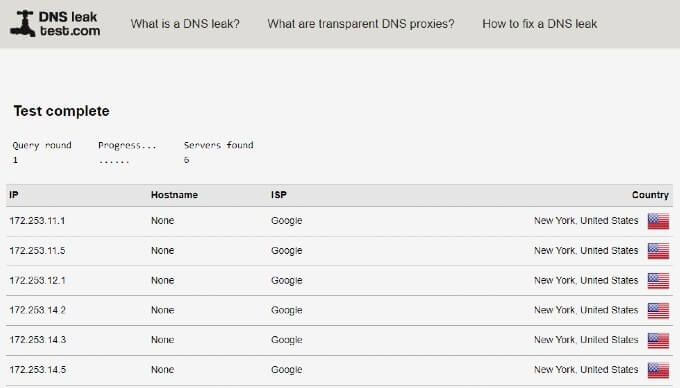Internet privacy has become a huge area of concern in the information age, especially due to the increase in internet surveillance and cyber threats. ISPs and government agencies can always see your internet activities, advertisement companies want to track and profile you, and cybercriminals are always looking for any personal information they can get about you.
Such has led to an increase in the use of Virtual Private Networks (VPNs). Unfortunately, DNS, WebRTC, and IPv6 leaks are a huge threat to this type of privacy. And although some VPN companies like PureVPN review 2020 are doing everything they can to offer leak-free secure connection, the same can’t be said about most VPNs. In this article, we’ll look at these types of leaks and see how to prevent them.
What are VPN Leaks?
A VPN usually encrypts your traffic and sends the data to a VPN server through a secure tunnel. This ensures that your ISP or any other third-party can’t see what you are doing online.
However, sometimes your DNS requests can be redirected to the ISP unintentionally, which exposes the sites you are visiting. A VPN can also fail to process your IPv6 traffic, which leads to exposure. These are VPN leaks.
DNS Leaks
Domain Name System (DNS) is responsible for mapping domain names to IP addresses, which can be understood by the computer. Normally, your ISP processes these requests, which means they can see the sites you access.
When you connect to a secure VPN, these requests are redirected to an anonymous DNS server. In case the VPN doesn’t redirect these requests entirely, a DNS leak occurs. There are various websites that let you check for DNS leaks. The tests will give you the IP address and hostname of the DNS server you are using. If it indicates your ISP’s server, then your DNS is leaking.

How to Prevent DNS Leaks
Use a DNS Leak-Proof VPN
The best way to prevent DNS leaks is to use a VPN with inbuilt DNS leak protection like PureVPN. Such a feature ensures that your DNS requests are forced to the VPN’s DNS servers, and therefore you can’t experience leaks.
Manually Change Your DNS Servers
The other option is to change your DNS servers manually. If your VPN doesn’t provide DNS servers, you can use independent DNS servers such as Open DNS (preferred: 208.67.222.222, alternate: 208.67.222.220), Google Public DNS (preferred: 8.8.8.8, alternate: 8.8.4.4), or Comodo Secure DNS (preferred: 8.26.56.26, alternate: 8.20.247.20).
WebRTC Leaks
Web Real-Time Communication (WebRTC) is a technology that allows web browsers to communicate with each other through voice, video chat, and P2P without the need for an extra addon. The technology uses IP addresses of the two communicating devices. Unfortunately, a website can obtain these addresses using various javascript commands.
This vulnerability was exposed by Daniel Roesler on his GitHub page in 2015.
“Firefox and Chrome have implemented WebRTC that allow requests to STUN servers be made that will return the local and public IP addresses for the user. These request results are available to javascript, so you can now obtain a user’s local and public IP addresses in javascript…..This makes these types of requests available for online tracking if an advertiser sets up a STUN server with a wildcard domain.”
How to prevent WebRTC
You can deactivate WebRTC on Firefox or use an extension to block on other browsers like Chrome. However, using a VPN that prevents the same is the most effective way.
IPv6 Leaks
IPv6 addresses were brought in to replace IPv4 addresses, but the transition has not been without privacy and security issues. VPNs only handle IPv4 requests, and so if your ISP uses IPv6 addresses, the VPN may ignore these requests. This results in IPv6 leaks.
How to Prevent IPv6 Leaks
Use a VPN with IPv6 Leak Protection
The best way to prevent these leaks is by using a VPN with IPv6 Leak protection. The feature blocks all IPv6 traffic, only allowing IPv4 requests. However, remember to turn on the feature within the VPN app.
Disable IPv6
The other way of dealing with these leaks is by disabling IPv6 on your computer. If you are using a mobile device, the only way you can turn it off is at the router level.
Wrap up
VPNs are our best lines of defense against online surveillance and cyber threats, but they can also be compromised. It’s therefore important to understand the threats posed by the various VPN leaks and learn how to prevent them. But although there are various fixes to these leaks, the only sure way is to choose a VPN that already protects you against such.